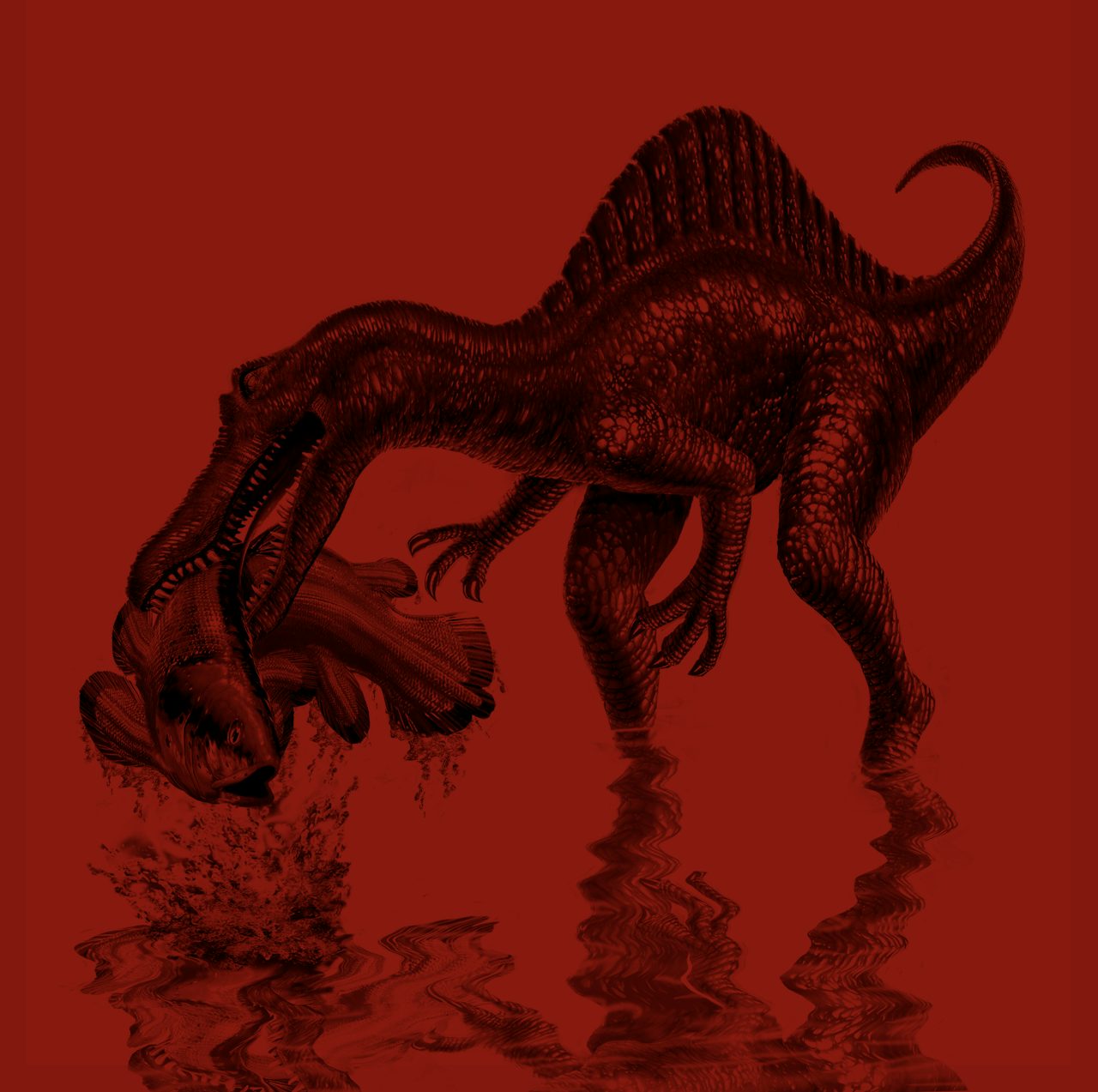Around 420 million years ago — back when all seven continents were still connected across one great landmass called Gondwana — a human-sized, bright blue fish called a coelacanth started swimming around deep ocean caves, propelled by flabby, limb-like fins. Almost perfectly adapted to its underwater environment, the coelacanth has evolved very little over the course of this almost half-a-billion-year long existence. When it was wrenched from the water in the mid-20th century, it looked so old that researchers referred to it as a “living fossil.”
Despite having persisted for so long, the coelacanth began dying out not long after humans first realized it was still around, because it hasn’t been able to adapt fast enough to the deluge of human-made pollutants that were flowing into the ocean. Now, in 2018, the journey of the coelacanth might be drawing to a close—and all for a bit of oil.
Earlier this week, Eni, an Italian oil and gas exploration company, announced that it would be going ahead with plans to drill several deep-water oil wells in a 400km area off the east coast of South Africa. The area that they have demarcated falls within 40km of one of the few thriving coelacanth colonies left, where 30 of these ancient fish live. (Fewer than 500 are thought to still be alive today, according to the International Union for the Conservation of Nature.)
The company says that they have conducted an “environmental impact assessment” (which is mandatory), and maintain that their speculative oil drilling is unlikely to have any impact on the colony. But Dr Andrew Venter, chief executive of Wildtrust, a lobby group that advocates for the expansion of South African’s protected ocean zones, thinks otherwise. “Anything that interferes with their ability to absorb oxygen, such as oil pollution, would threaten their survival,” he told the Guardian.
There are other coelacanth populations spread across the Indian Ocean, but as global demand for commodities increases, the pristine environments needed to support life for this ancient fish are becoming rarer. An oil spill at one of these proposed drill sites could potentially destroy this 30-strong colony, which would ultimately be a blow to the global population, sending this living fossil, which has survived the fluctuations of half a billion years on this planet, one step closer to extinction.
